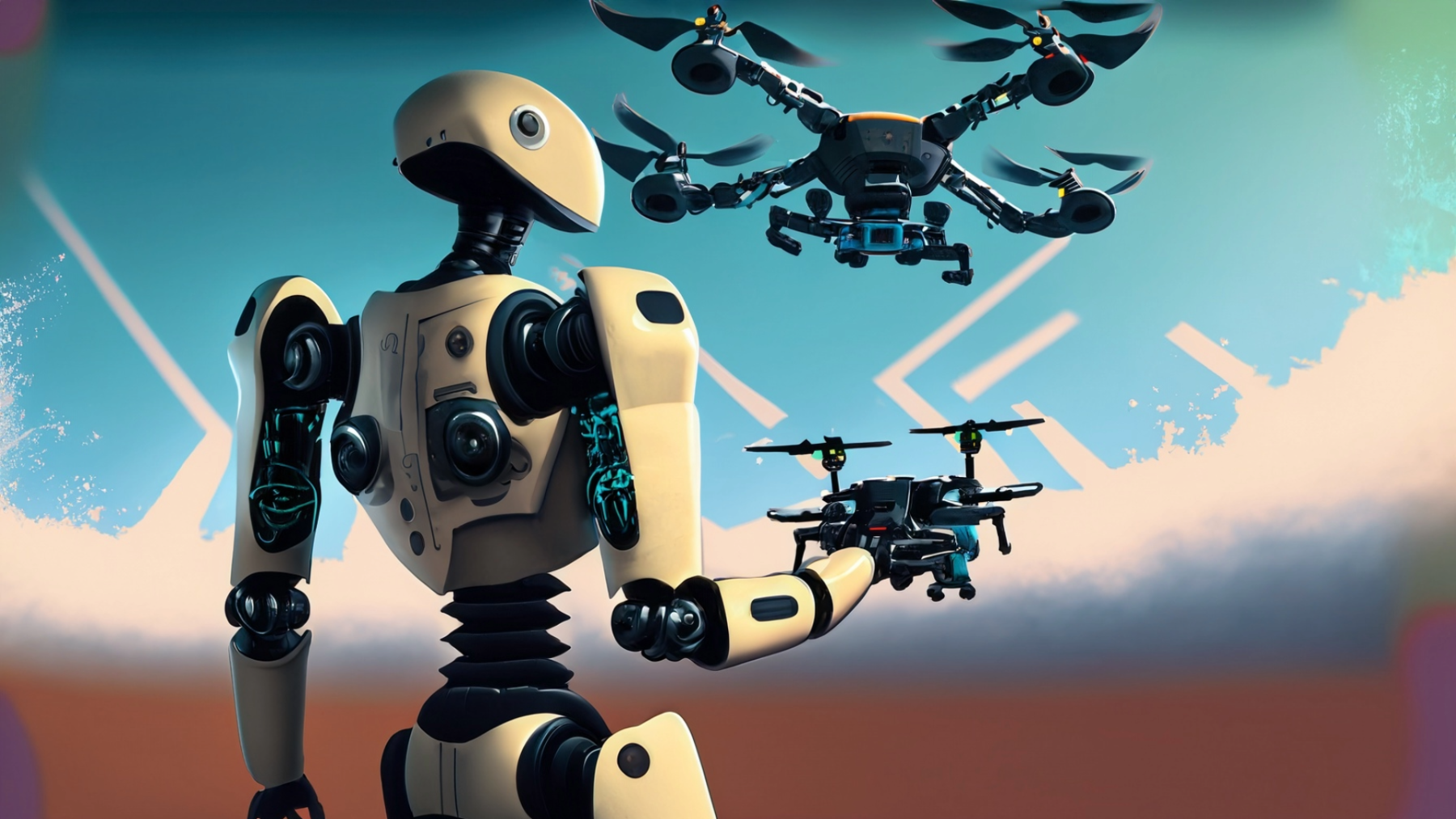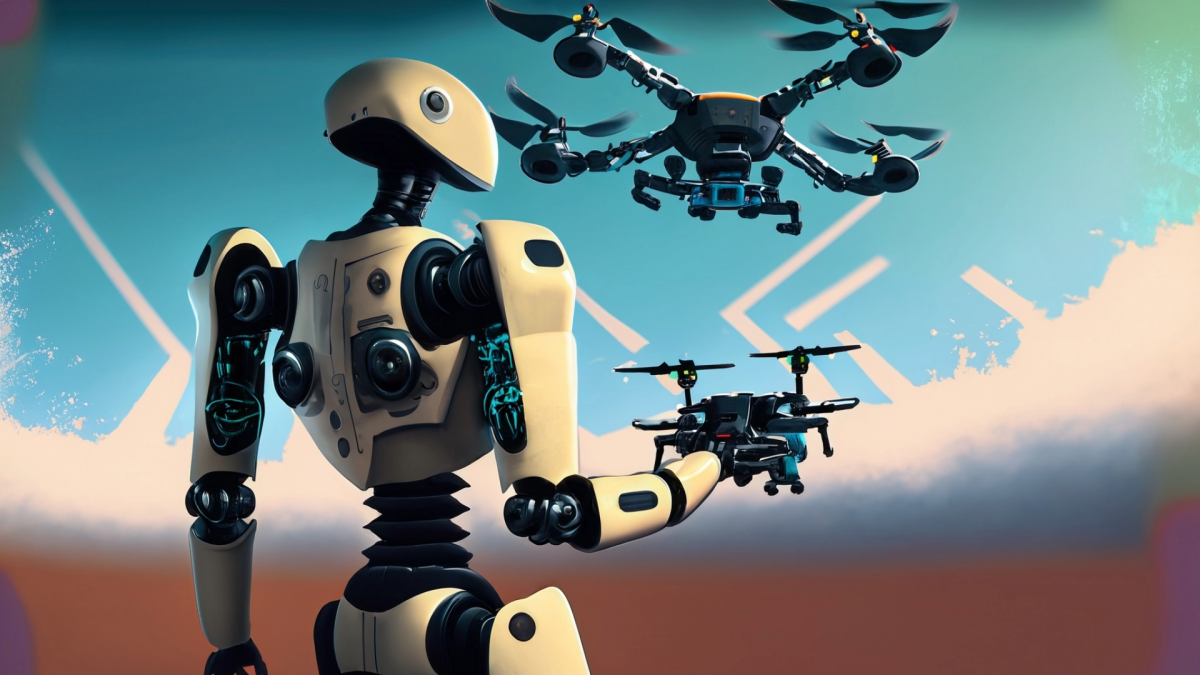
Drones: Using English as a Programming Language
by Nicholas Valdez
Students will learn the importance of clear, precise communication by directing a partner to navigate a drone through an obstacle course. This exercise will draw parallels to writing clear and unambiguous code in programming.
Students will be in pairs of 2, one acting as the drone operator the other as the "programmer." Students will focus on using clear communication where the programmer instructs the operator, whose vision is blocked either by facing backwards or blindfolded, how to navigate a simple obstacle course. The goal is to parallel this to computational thinking.
Lesson Plan Link/URL
https://docs.google.com/presentation/d/18iPcRBXCB3a7h8StYHxcWsfFi2Ovd_xA/edit?u…Subject Area
Science Physical Science P2: Objects at a Distance P3: Net Force Technology 1. Empowered Learner 2. Digital Citizen 5. Computational Thinker Engineering S3: Apply Mathematics to Engineering S5: Apply Technology to Engineering S6: Apply Communications to Engineering Mathematics Geometry (G) English Language Arts (ELA) Speaking & Listening
Featured
Off
Related Content

Grades:
3rd Grade, 4th Grade, 5th Grade, 6th Grade, 7th Grade, 8th Grade
On the second day students use more complex coding, the built in camera for taking pictures and experience FPV. It has 3 missions total in this lesson. This lesson also uses yaw to keep the camera

Grades:
6th Grade, 7th Grade, 8th Grade
Students will be able to learn how the hydraulic system works. With this in mind, you will be able to design a hydraulic marble game using materials provided. At the same time, they will be able to
